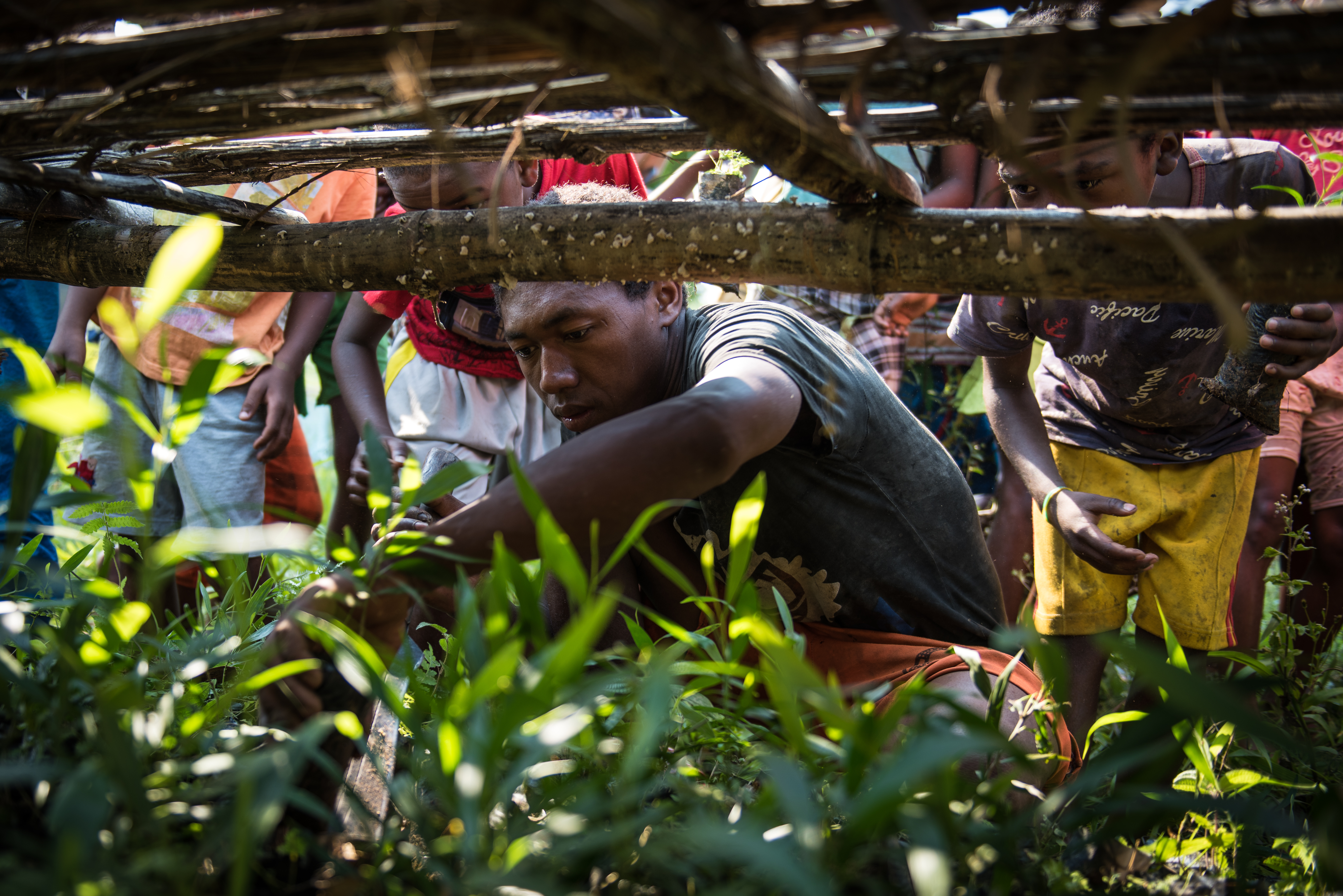A perennial community management natural resources in Kobahina
Posted on October, 09 2019
Forest restoration and reforestation efforts are often cited to illustrate communities' commitment to nature conservation.
To ensure the sustainability of any association, good management and financial independence are essential.
The COBA of the village of Kobahina Andapa, in the north-east of Madagascar understood this well. The organization has been entrusted with the management of 3220 hectares of wet forests by the State since 2004. It has a set of specifications agreed with the State, a development plan and annual work for its community conservation actions.
Since 2019, thanks to their effective management, COBA Kobahina is now financially independent. In very concrete terms, this means that it no longer needs the financial support of conservation organizations like WWF to support its activities. This financial autonomy is the result of various collaborations of the COBA. On the one hand, it cooperated with a private vanilla exporting company, which pays them an "environmental premium". On the other hand, it is with the Community Savings Groups (GEC) that they receive financial contributions through the "Tsinjolavitra" account that it cooperates.
The COBA plans the means to implement and how to make sustainable forest management, without threatening the protected species. Thus, the community fund finances the preparation and management of the nursery, the purchase of equipment such as wheelbarrows and grills and the payment of compensation from their nurseryman. It also funds the allowances of their eight community patrol boats. The organization also regulates logging permits with the support of the forest administration, and collects money through these permits.
The COBA plans the means to implement and how to make sustainable forest management, without threatening the protected species. Thus, the community fund finances the preparation and management of the nursery, the purchase of equipment such as wheelbarrows and grills and the payment of compensation from their nurseryman. It also funds the allowances of their eight community patrol boats. The organization also regulates logging permits with the support of the forest administration, and collects money through these permits.
These women and men are farmers, housewives, vanilla planters, loggers, community workers, and teachers in everyday life.

